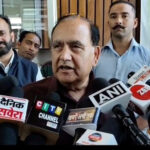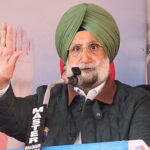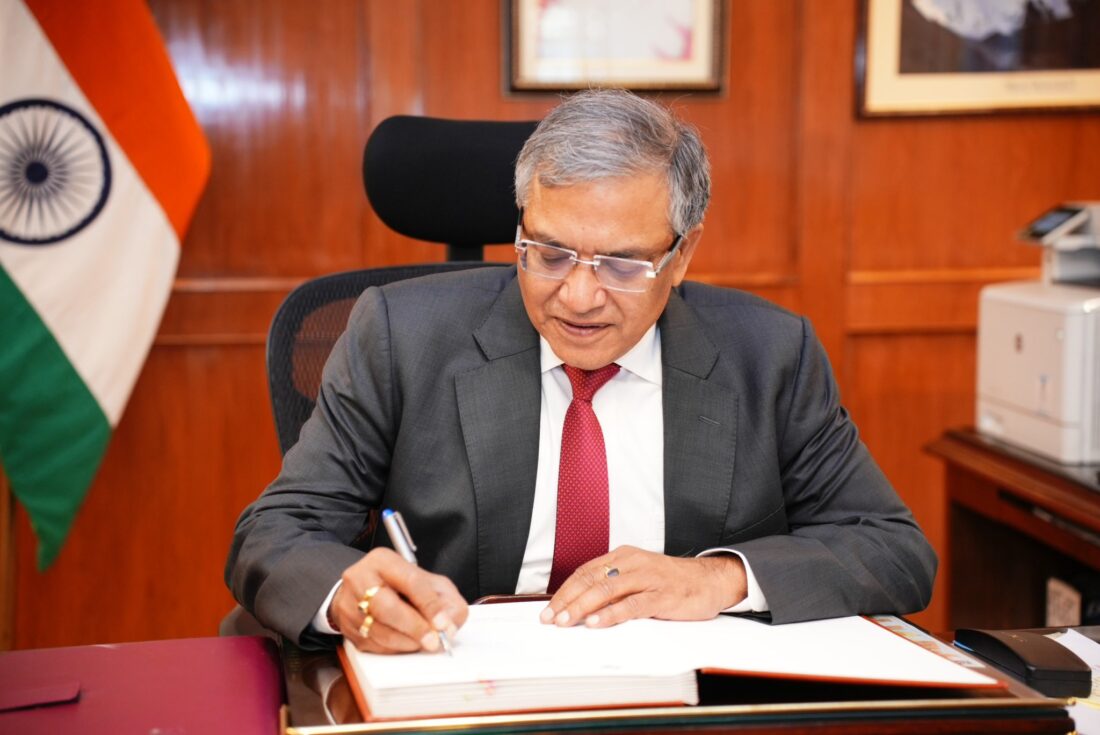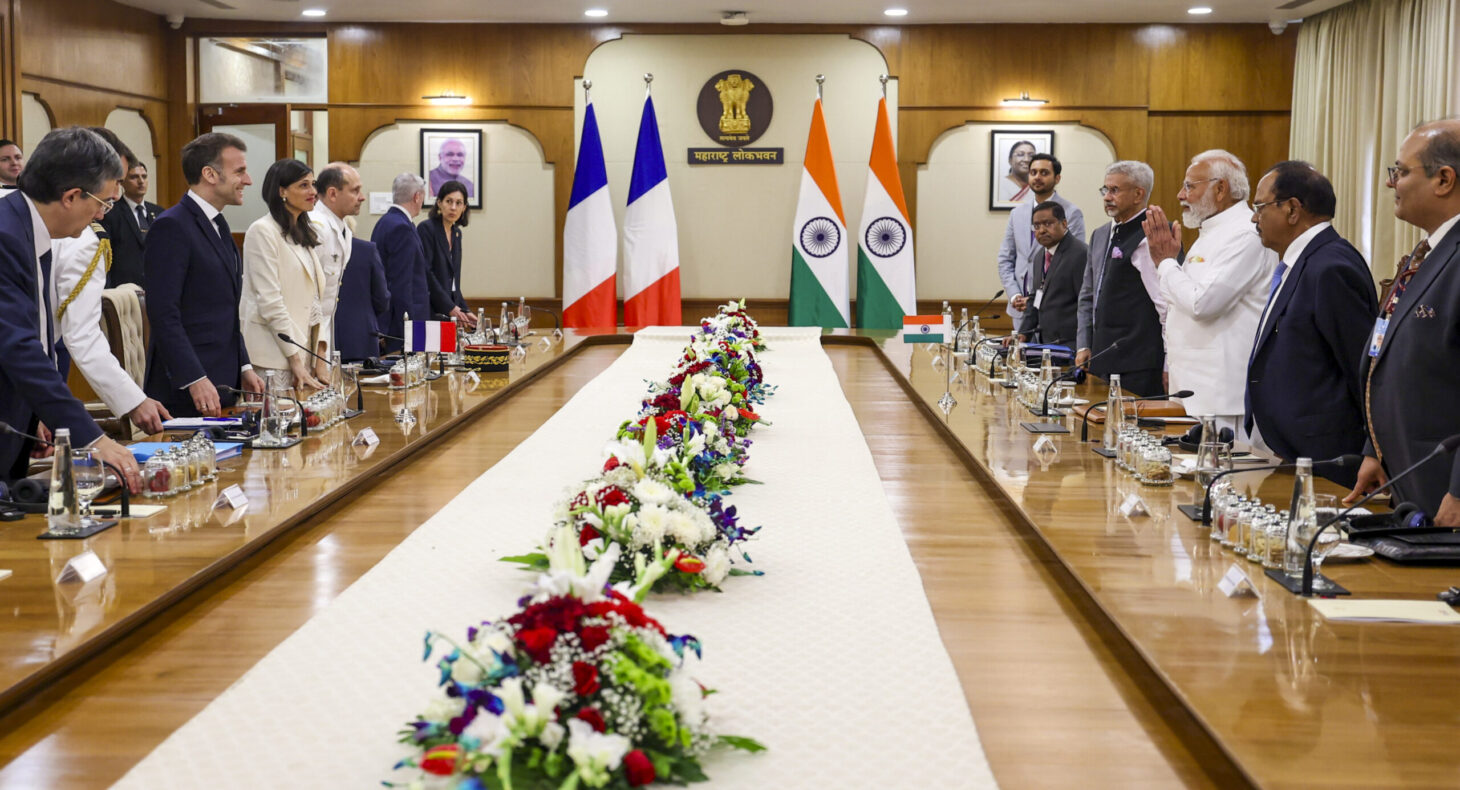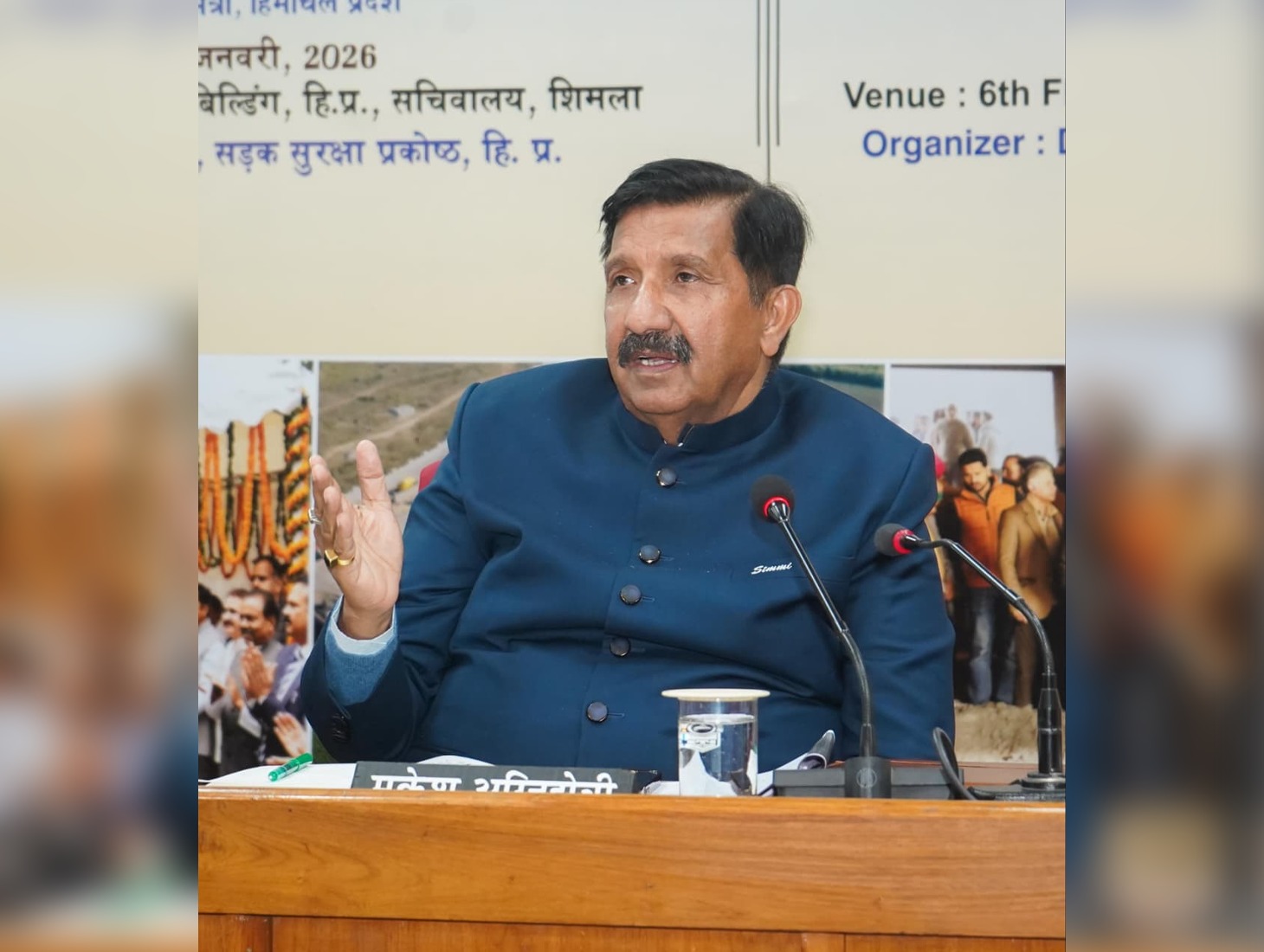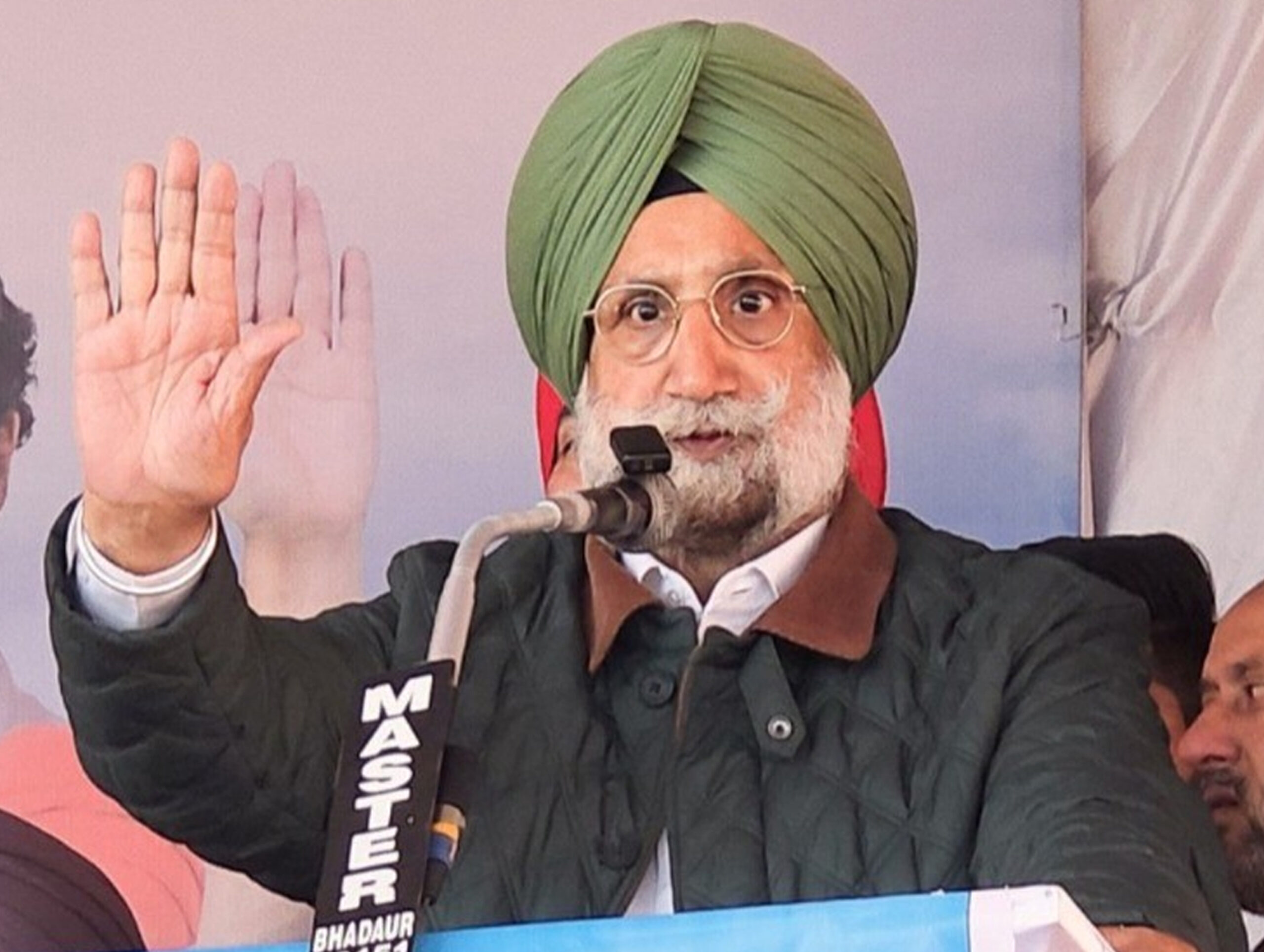The North News
New Delhi, February 18
Gyanesh Kumar has been appointed as India’s new Chief Election Commissioner (CEC), succeeding Rajiv Kumar, who will retire today upon reaching the mandatory retirement age of 65. The decision was taken by a high-level Election Committee comprising Prime Minister Narendra Modi, Home Minister Amit Shah, and Leader of the Opposition Rahul Gandhi. However, Gandhi expressed dissent regarding the appointment.
A 1988-batch IAS officer from the Kerala cadre, Kumar has held key roles in the Union Home Ministry. He was instrumental in drafting the bill that revoked Jammu and Kashmir’s special status under Article 370 in 2019 and is considered close to Amit Shah. His immediate challenge will be overseeing upcoming elections in five states, including opposition-ruled West Bengal, Kerala, and Tamil Nadu, as well as NDA-led Bihar and Assam. Bihar’s election is due later this year, while the others are scheduled for 2026.
Rajiv Kumar’s tenure as CEC saw significant reforms and a full electoral cycle, covering elections in 31 states and union territories, presidential and vice-presidential elections in 2022, and the 2024 Lok Sabha elections. He emphasized technology-driven electoral processes, strengthened security against cyber threats, and launched initiatives to counter misinformation. He also introduced measures to boost voter registration and accessibility, particularly for marginalized communities and youth.
During his farewell address, Kumar praised India’s nearly 15 million polling officials for their dedication and defended the Election Commission’s credibility against unverified attacks. He highlighted the rising participation of women voters and the importance of inclusivity in elections.
Election Commissioners Gyanesh Kumar and Sukhbir Singh Sandhu acknowledged Rajiv Kumar’s leadership in strengthening India’s electoral framework. His tenure was marked by innovations such as a ‘myth vs reality’ register to combat misinformation and the introduction of ERONET 2.0 for real-time voter roll management. A passionate trekker, Kumar also undertook arduous journeys to remote polling stations to improve accessibility.
As Gyanesh Kumar takes charge, his tenure will be closely watched amid concerns over electoral transparency and fairness, particularly in opposition-ruled states.








